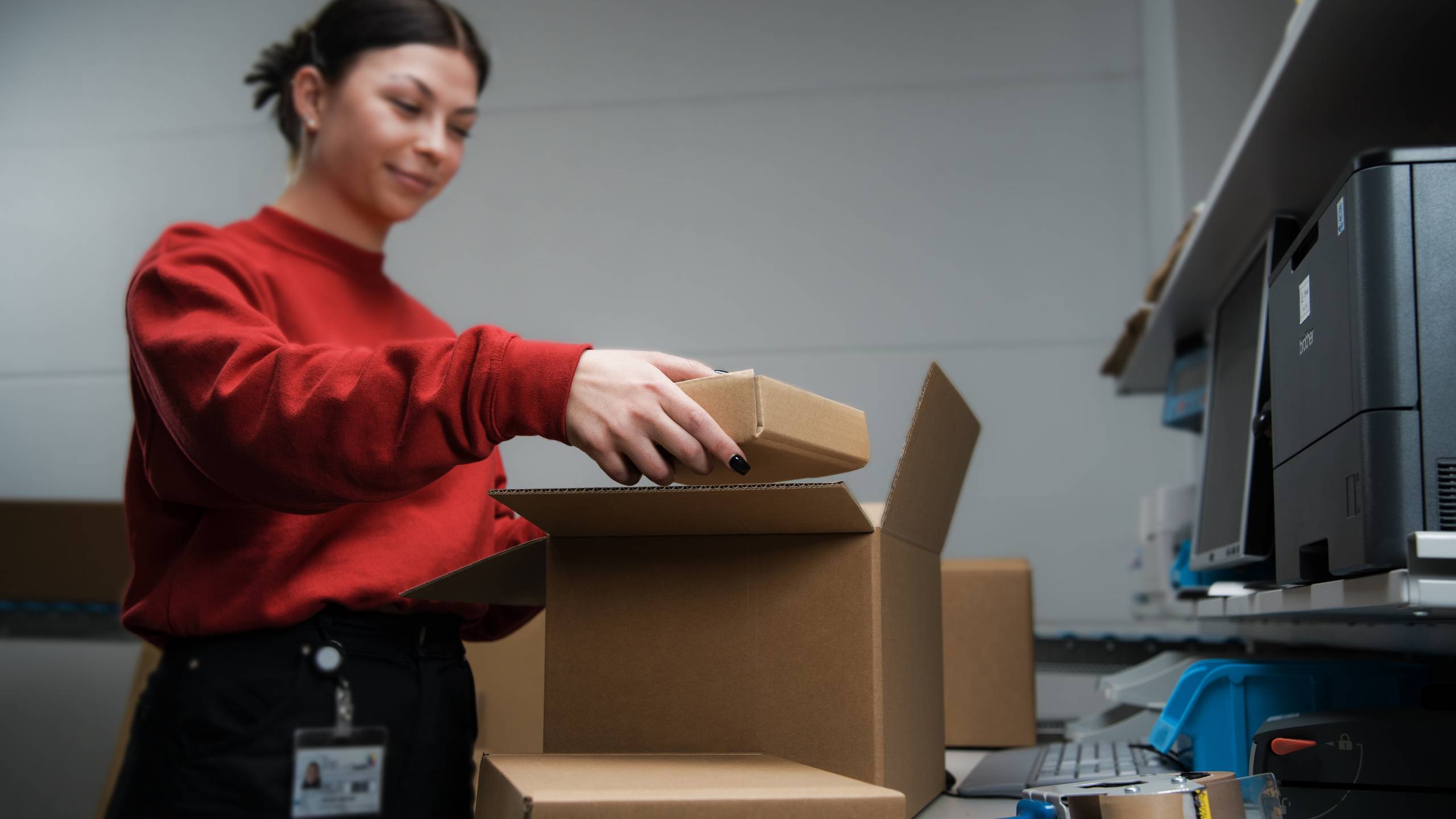Supply chain management is complex. The e-commerce market offers companies of various sizes the opportunity to easily reach customers. But at the same time, competition is higher than ever – the competition is just a few clicks away on Google. In addition, B2B logistics can be used to supply retailers and distribution partners. Organizing both D2C and B2B leads to a major challenge on the retailer side – avoid the following typical mistakes at all costs:
Losing sight of shipping fluctuations over the course of the year
Just like local retail, online retail is subject to seasonal fluctuations. The Christmas business starts with Black Friday – depending on the marketing, there are extreme peaks in logistics during Black Week.
You should prepare well for these peaks together with the fulfillment service provider and discuss them with the service provider months in advance so that they can schedule sufficient staff for the increase in shipments.
If your business has strong peaks, it is worthwhile using an external fulfillment provider, as it is not possible to flexibly increase and decrease staff with your own logistics. A fulfillment service provider can rotate personnel between customers and thus cushion and balance out order peaks.
Too little investment in IT systems
You should invest in high-performance IT systems, especially after the first initial growth and the initial development of the brand. This also includes an intelligent merchandise management system so that you can coordinate both your online store and various marketplaces in terms of items and orders.
The interface to the fulfillment service provider is also important here: it is essential to clarify which interfaces are supported by the company and how much development work the connection would entail. Inadequately considered costs can arise here!
No focus on sustainability
Sustainability plays a central role for e-commerce customers. Therefore, make sure, for example do not put any plastic in the parcel, use CO2-neutral shipping methods and choose a service provider that operates sustainably and, for example, generates energy using its own solar cells.
Customers have been aware of sustainability for a long time now and their purchasing decisions are based on the concept of sustainability.
Conclusion
With the right partner at your side, you can compensate for shipping fluctuations, act sustainably and network with high-performance IT systems. Feel free to contact us to find the optimum solution for your setup – we will be happy to give you fair and honest advice.





